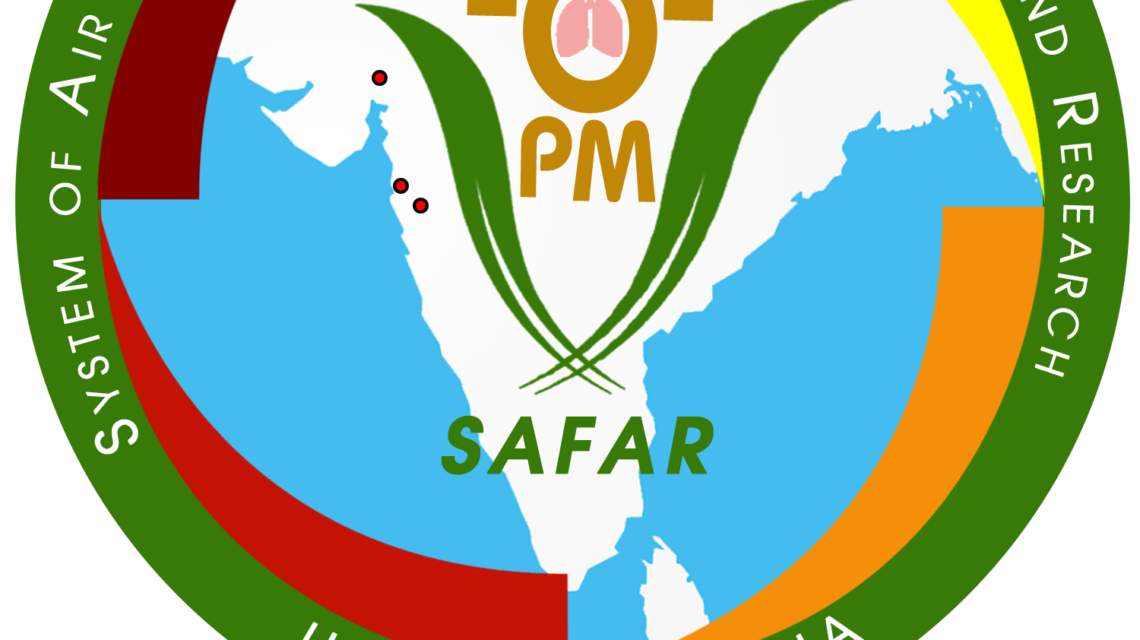“System of Air Quality and Weather Forecasting And Research” Study 15/11/2019 – Posted in: Daily News – Tags: air pollution, AQI
System of Air Quality and Weather Forecasting And Research (SAFAR)
For: Preliminary & Mains
Topics covered:
- Findings of the SAFAR study
- About SAFAR
News Flash
According to System of Air Quality and Weather Forecasting And Research (SAFAR), smoke from stubble burning in Punjab and Haryana contributed significantly to air pollution in Delhi this year with the share of farm fire smoke in particulate matter (PM) peaking to 44 percent.
Crop residue burning from neighbouring states has contributed around 44-45 percent of smoke to Delhi, as Delhi has low surface winds, nothing goes out.
Measures/ Suggestions
- Garbage dumping and burning creates a problem, hence, need to make a special clean-up drive in the month of July, August, or September that takes away all construction and demolition waste and garbage collected in the city.
- Electricity based transportation system (buses, cars, motor-bikes) needed along from metro trains.
- Power plants emit sulphur dioxide and it’s a contribution to particulate matter pollution is huge. It is almost 25-30 percent of PM. This means we have to deal with gaseous emissions as well.
- All power plants in the country will have flue-gas desulfurisation technology to reduce air pollution.
System of Air Quality and Weather Forecasting And Research (SAFAR)
SAFAR is a national initiative introduced by the Ministry of Earth Sciences (MoES) to measure the air quality of a metropolitan city, by measuring the overall pollution level and the location-specific air quality of the city. The SAFAR system is developed by Indian Institute of Tropical Meteorology, Pune, along with ESSO partner institutions namely India Meteorological Department (IMD) and National Centre for Medium Range Weather Forecasting (NCMRWF).
The ultimate objective of the project is to increase awareness among general public regarding the air quality in their city well in advance so that appropriate mitigation measures and systematic action can be taken up for betterment of air quality and related health issues.
SAFAR is an integral part of India’s first Air Quality Early Warning System operational in Delhi.
AQI is calculated for eight major air pollutants:
- Ground-level ozone
- PM10
- PM2.5
- Carbon monoxide
- Sulfur dioxide
- Nitrogen dioxide
- Ammonia
- Lead
Ground-level ozone and airborne particles are the two pollutants that pose the greatest threat to human health in India.
Source: NDTV
READ MORE DAILY NEWS
- Sabarimala temple Issue: SC verdict
- Flood in Venice, Italy
- Cyclone Bulbul-Matmo
- No RTO check-posts in Gujarat from November 20
- Winter Fog Experiment (WIFEX)
- 11th BRICS summit
- The Index of Industrial Production
- What is New Zealand’s Zero Carbon Law?
- Brown to Green Report 2019
You are on the Best Online IAS preparation platform. You are learning under experts.
We are present on Facebook- Diligent IAS, LinkedIn- Diligent IAS, YouTube- Diligent IAS, Instagram- Diligent IAS. Get in touch with us.

